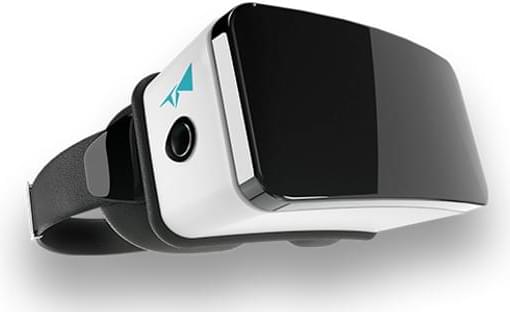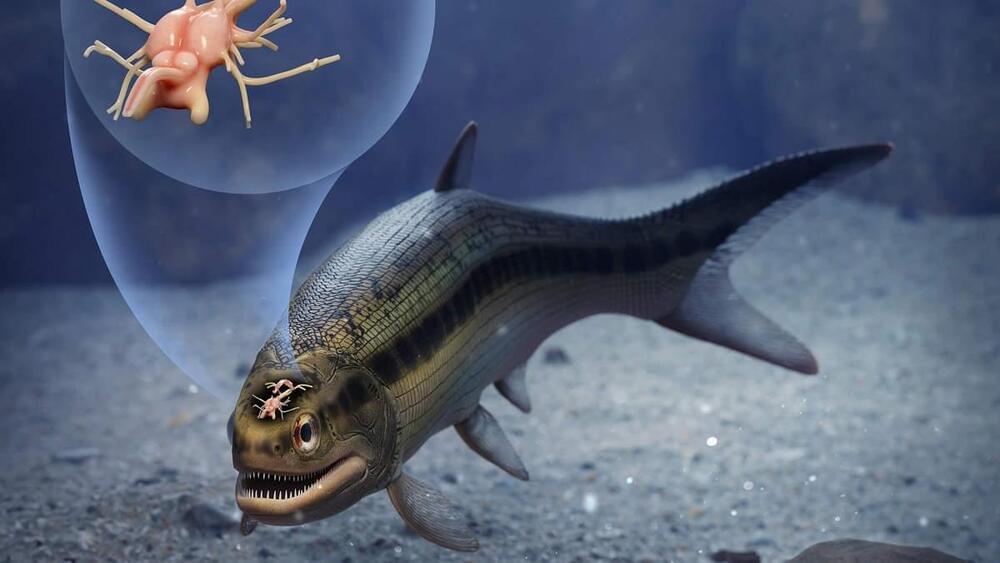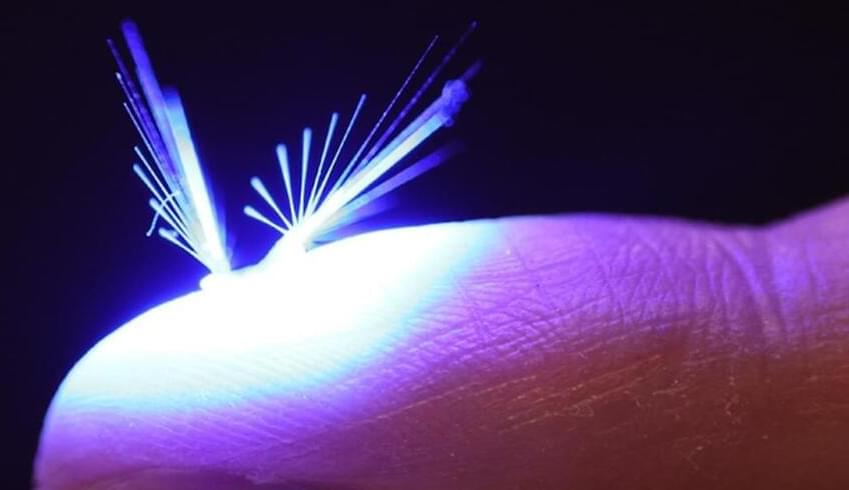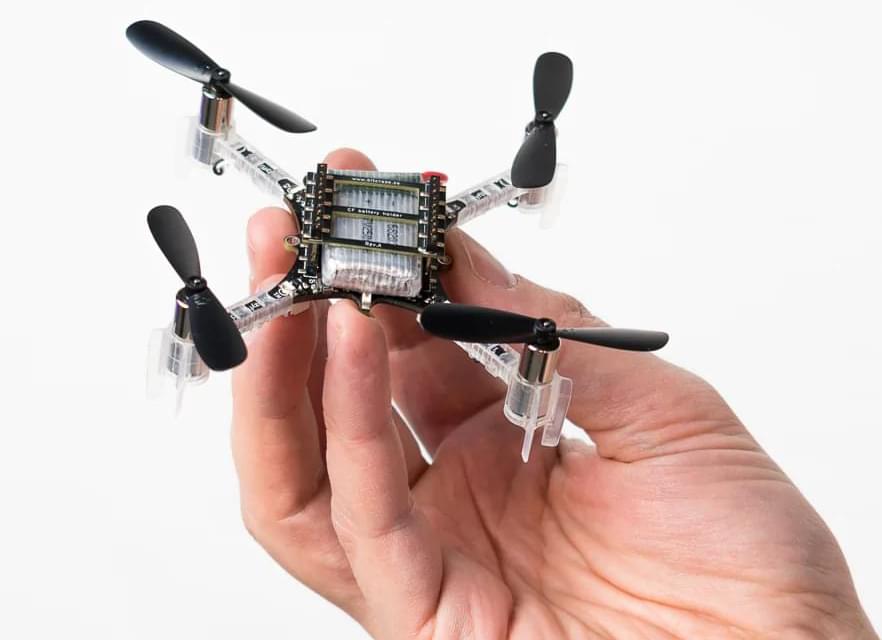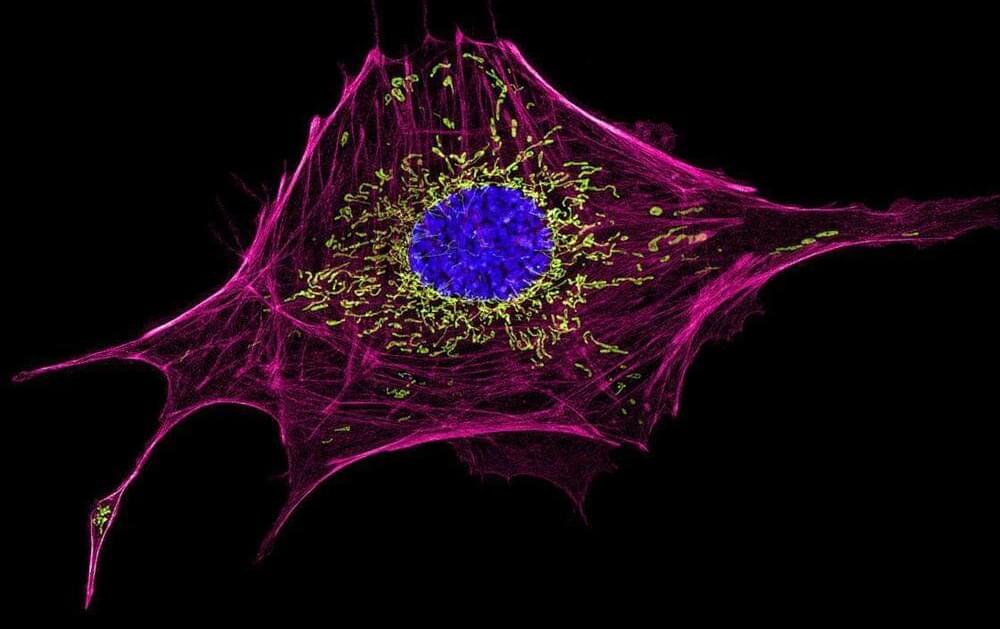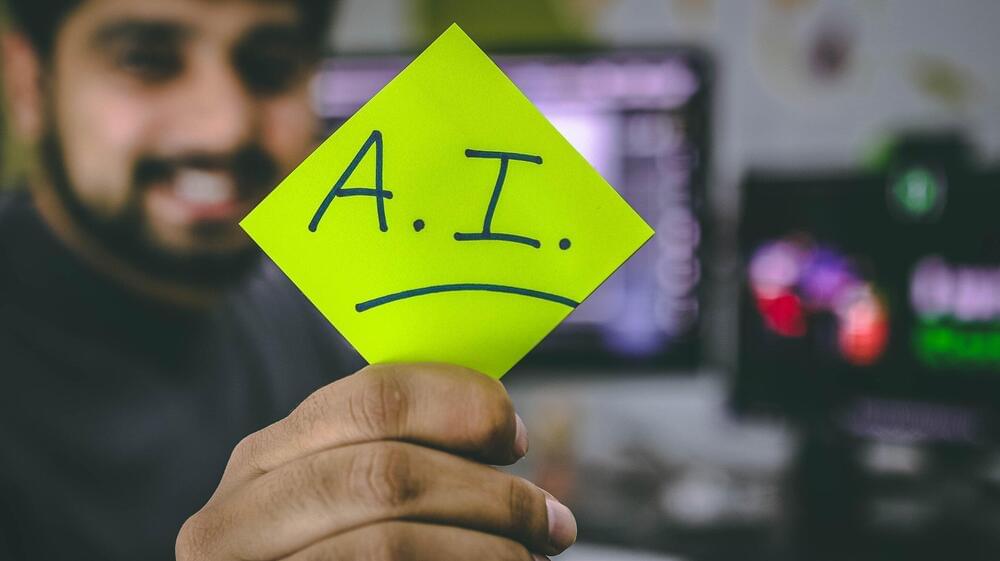A Quebec hospital adopts a novel use of VR to help patients with anxiety, phobias and pain.
In a newswire release today, the Fondation de l’Hôtel-Dieu d’Alma (the Alma Hospital Foundation) announced the launch of a virtual reality (VR) project aimed at improving the mental health of those experiencing increasing anxiety. The Alma Hospital is a regional health centre for the area of Lac St. Jean and the Saguenay River valley to the north of Quebec City.
Jean Lamoureux, the hospital’s Executive Director states, “The number of requests for mental-health consultations is estimated to have increased by 30 to 40 percent during the pandemic. These needs are urgent…and, thanks to the innovation of Paperplane Therapeutics and TELUS, we will transform the way health services are delivered, while having a significant positive impact on patient well-being through technology.”
